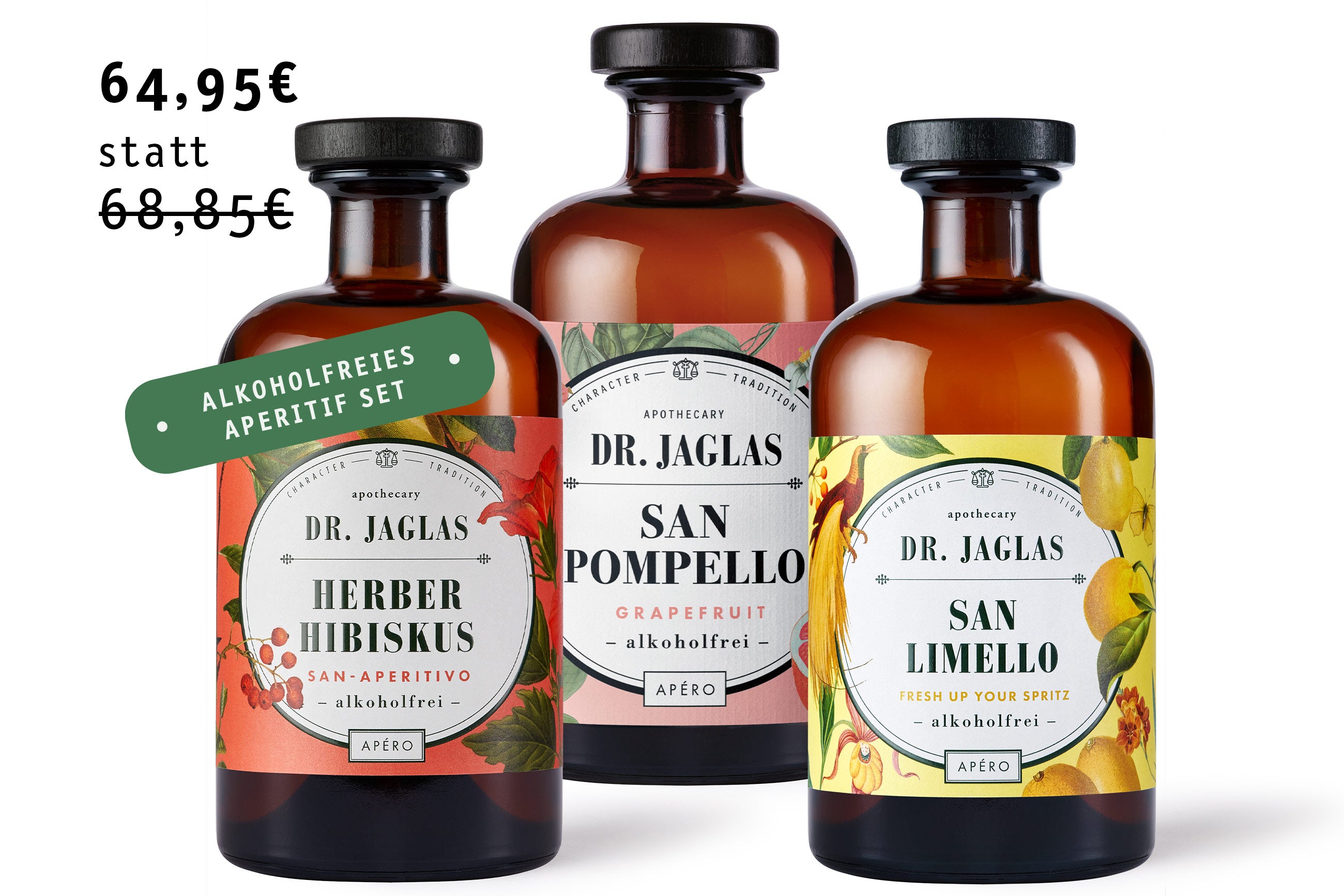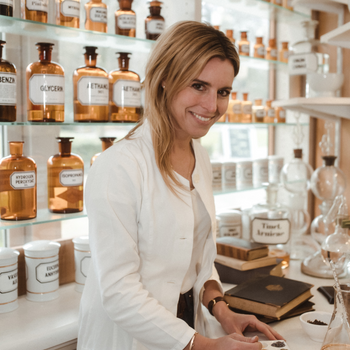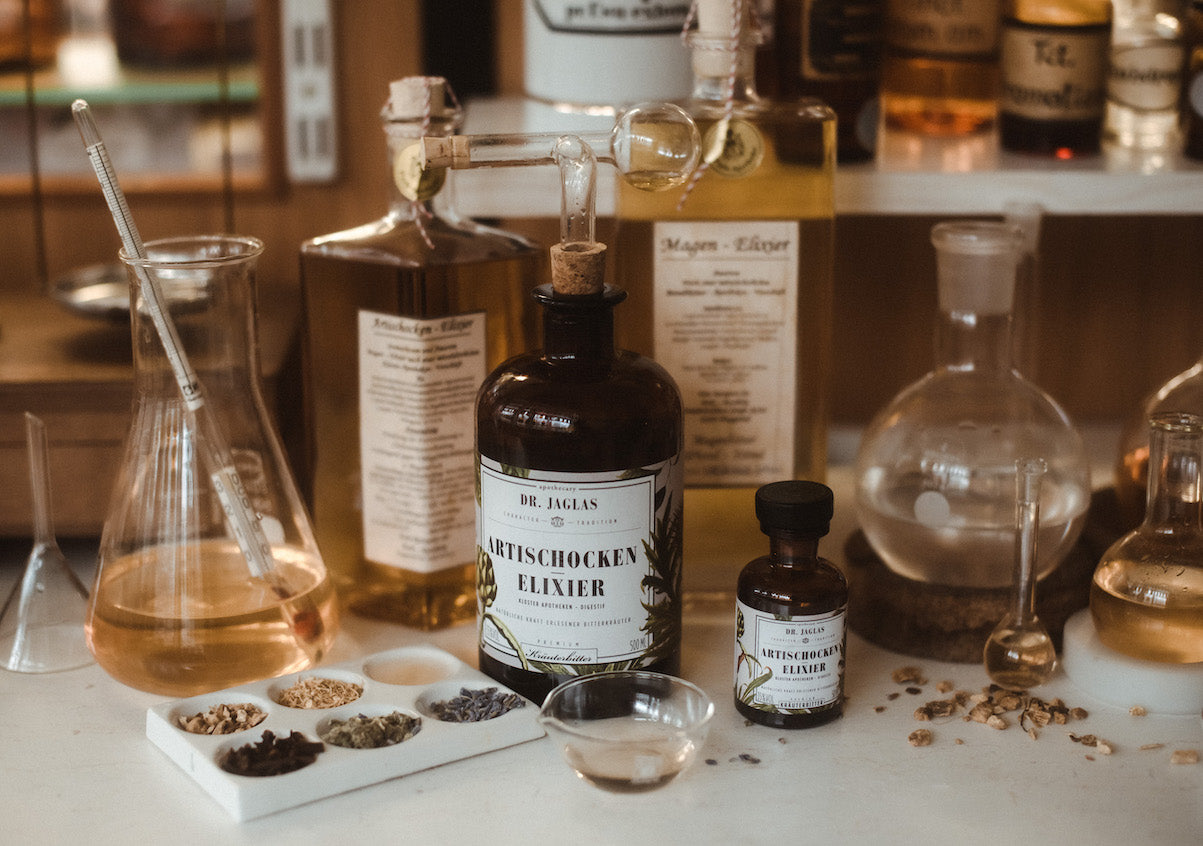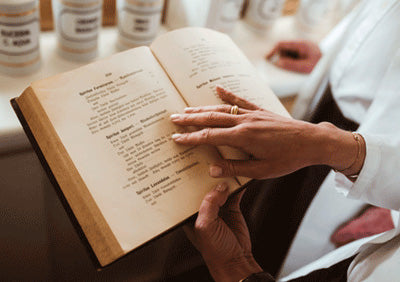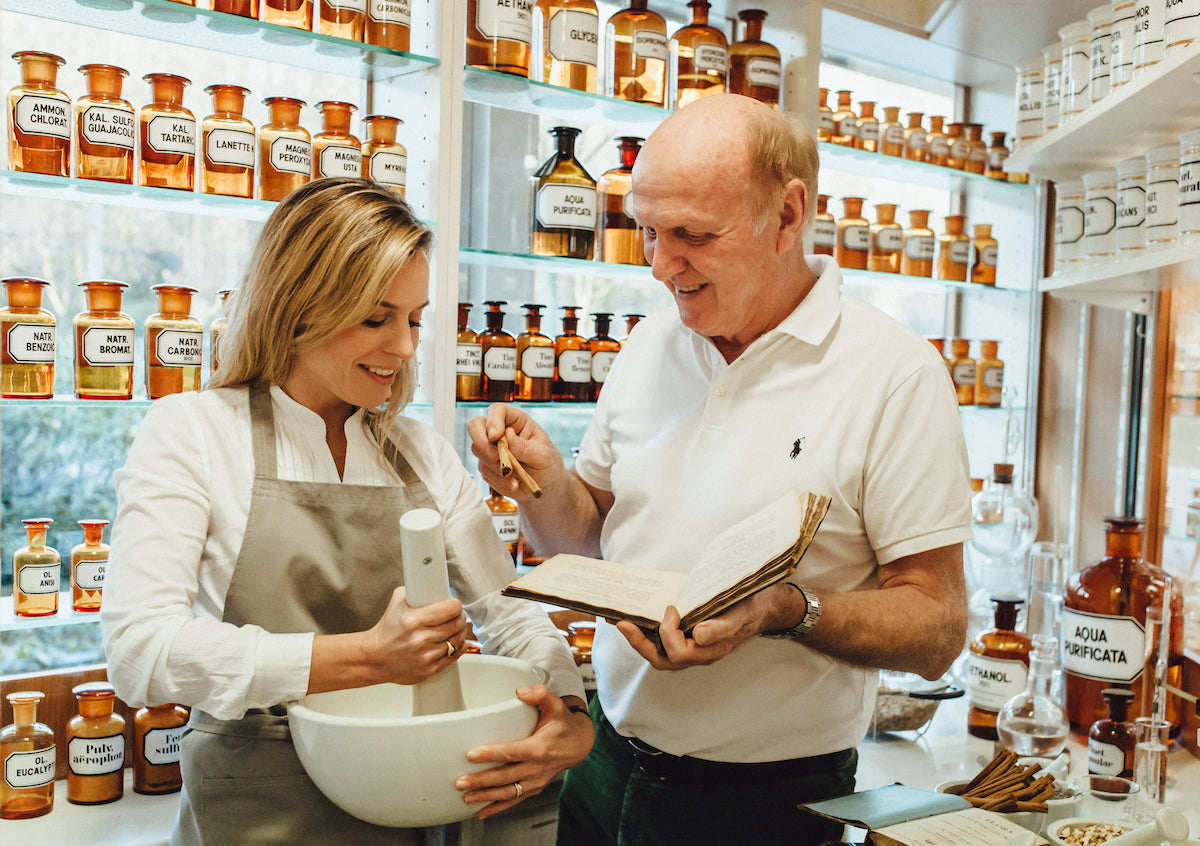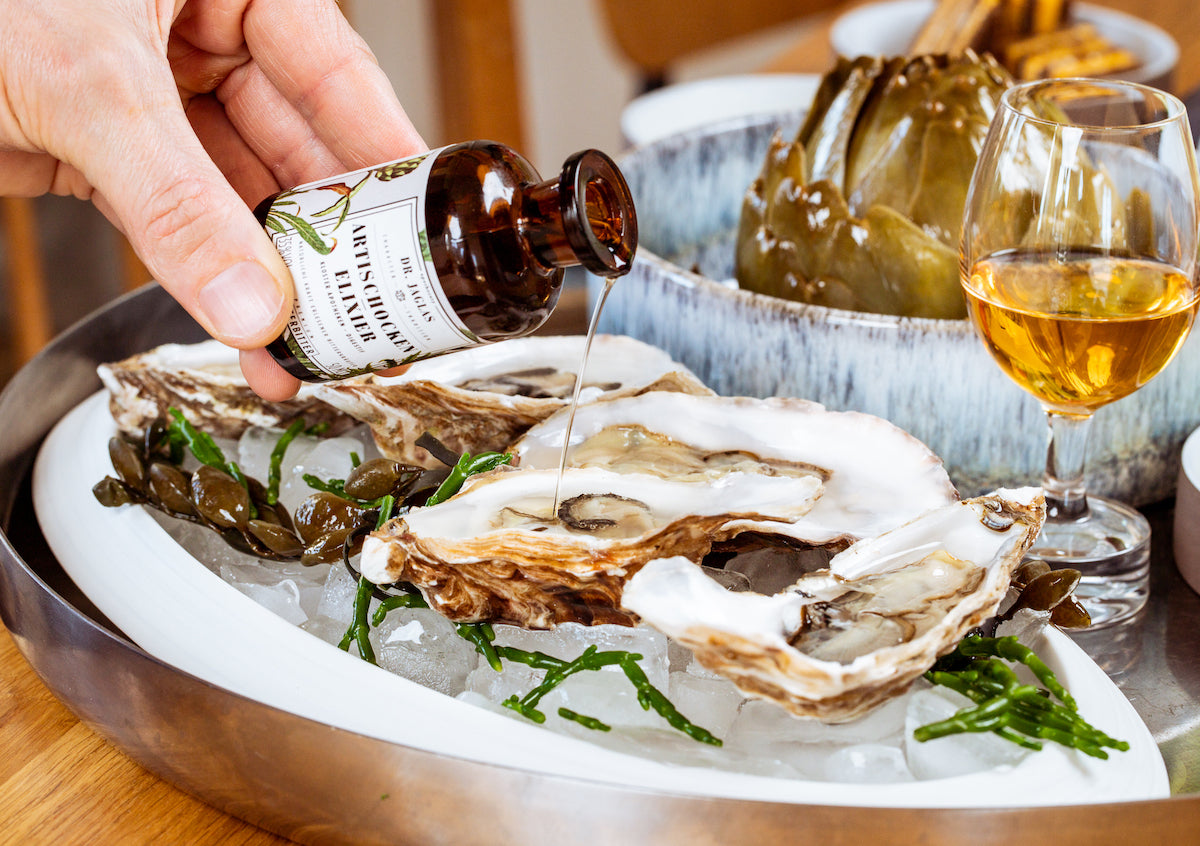Mindful drinking
In our society, it has long been considered good form to say “yes” to alcoholic drinks . Whether it was the after-work beer with colleagues, the girls' evening that no one could imagine without Prosecco, the summer barbecue party with plenty of "barley juice" or the social gathering at the Christmas market where mulled wine and strong Jagertee were naturally ordered, there was always alcohol included. This habit has now changed somewhat. A new drinking culture , which can be equated with a real lifestyle, is becoming more and more popular: Mindful Drinking .
What is Mindful Drinking?
Translated, the English/American term means “ mindful drinking ” or “ conscious drinking ”. So it's about deciding consciously every day in the appropriate situations whether it actually has to be an alcoholic drink again or whether today's drinking pleasure will be non-alcoholic . You don't have to say "yes" to every alcoholic drink you're offered: when eating together in a restaurant, at a birthday party or when your new colleague makes his debut in the office. You can, may and should say “no” and toast with a non-alcoholic drink . For the sake of your health, your well-being and your body.
As the term suggests, Mindful Drinking has its roots in Anglo-Saxon countries. A real " sober " or " sober" movement has even developed there, and no one is laughed at or even looked at askance if an alcoholic aperitif is refused before a meal. Quite the opposite: Mindful Drinking found and continues to find more and more followers among young people there. You no longer only belong to the community or clique when alcohol is consumed. Everyone can do without individually and consciously. And this decision is also fully accepted. Over time, the new drinking culture has spread to us. As mentioned, Mindful Drinking does not describe the complete abstinence from alcohol : the new zeitgeist is rather the “light version” of complete abstinence. That's exactly why mindful drinking isn't difficult for most people. At the weekend, the cocktail in the club or the herbal bitters after the Sunday roast, then during the week there are non-alcoholic versions that are at least as tasty: this is what mindful drinking could look like for you too.
Why should I try Mindful Drinking?
The advantages are clear: the risk of cardiovascular diseases decreases, the immune system becomes stronger, the complexion improves, and of course the liver is happy too. You won't have a hangover the next day either, and you won't be lying on the couch with a headache while the weather outside is perfect for great activities. Ultimately, mindful drinking also leads to maintaining control: over actions, but also over spoken words. If you still want to get behind the wheel, alcohol should be taboo for you anyway, but high-proof drinks in particular can loosen your tongue. People then say things - for example to their boss or to friends - that they later deeply regret and that can put them in embarrassing and precarious situations.
How do I get started with mindful drinking?
Take some time and write down when you consume alcohol, why, with whom and how much alcohol. This will give you a good overview of your drinking habits, which can sometimes even be downright frightening. Then question your drinking behavior. Many people are not even aware of the amounts that come together over the course of a week. Above all, the reasons why people turn to alcohol can be very different. For some, it's simply the supposed "peer pressure" that actually doesn't exist. Others simply love the taste of alcoholic beverages; they drink for fun, pleasure or because they want to relax. Sometimes the focus is simply on boredom or an attempt to suppress problems. Once you have realized the reasons for consuming alcohol, it is usually much easier to consciously abstain at least from time to time. After all, you can have a lot of fun without alcohol, celebrate or enjoy relaxing hours on the couch at home.
Are other countries further along than us when it comes to alcohol-free alternatives?
As already mentioned, mindful drinking has already become very popular, especially in the USA and Great Britain. But it is only a matter of time before more people consciously abstain and turn to alcohol-free alternatives on certain occasions. Word is slowly getting around that alcohol is not necessary to toast, relax and celebrate and that a non-alcoholic aperitif or cocktail can taste really delicious.
The alcohol-free alternatives from Dr. Jaglas is now conquering not only private party rooms and parties, but also company and commercial events. Mindful drinking is already a natural part of good etiquette. And the trend is contagious: Anyone who has not yet dared to refuse champagne or schnapps for their colleague's birthday for fear of being laughed at is taking an example from supporters and joining in. The community is getting bigger and bigger, because it's just good to go through life alcohol-free more often.




